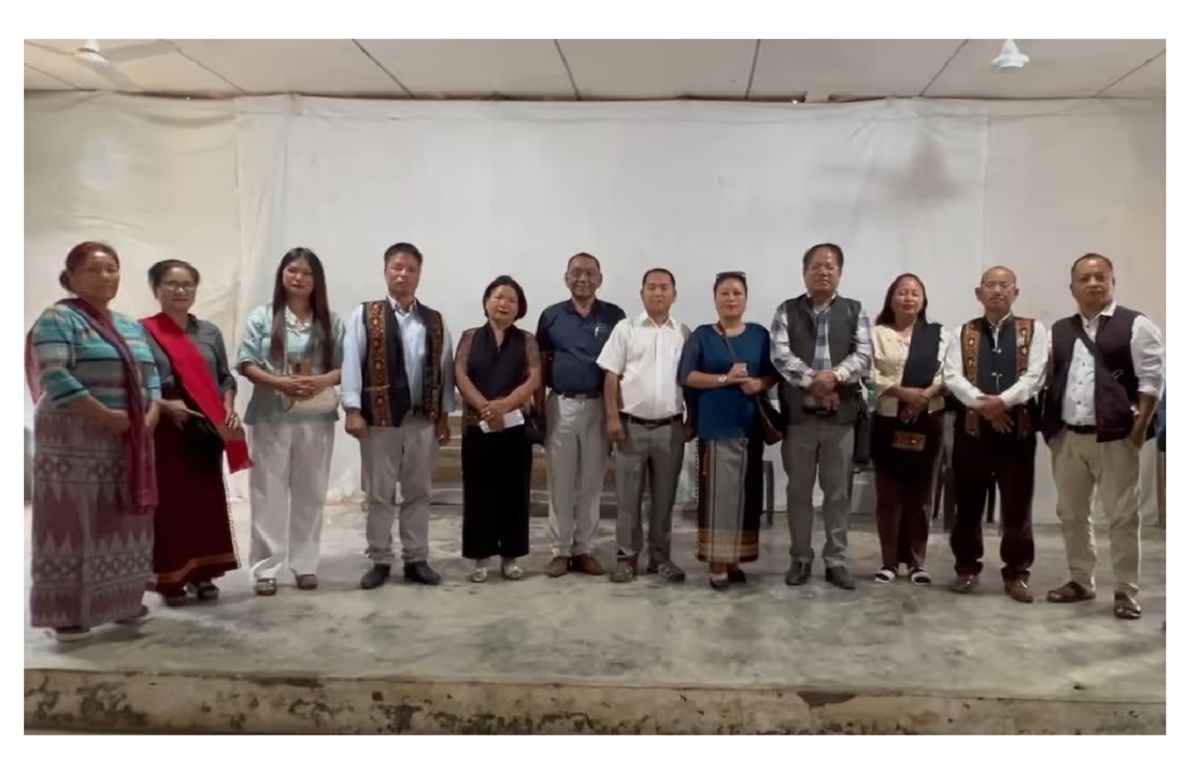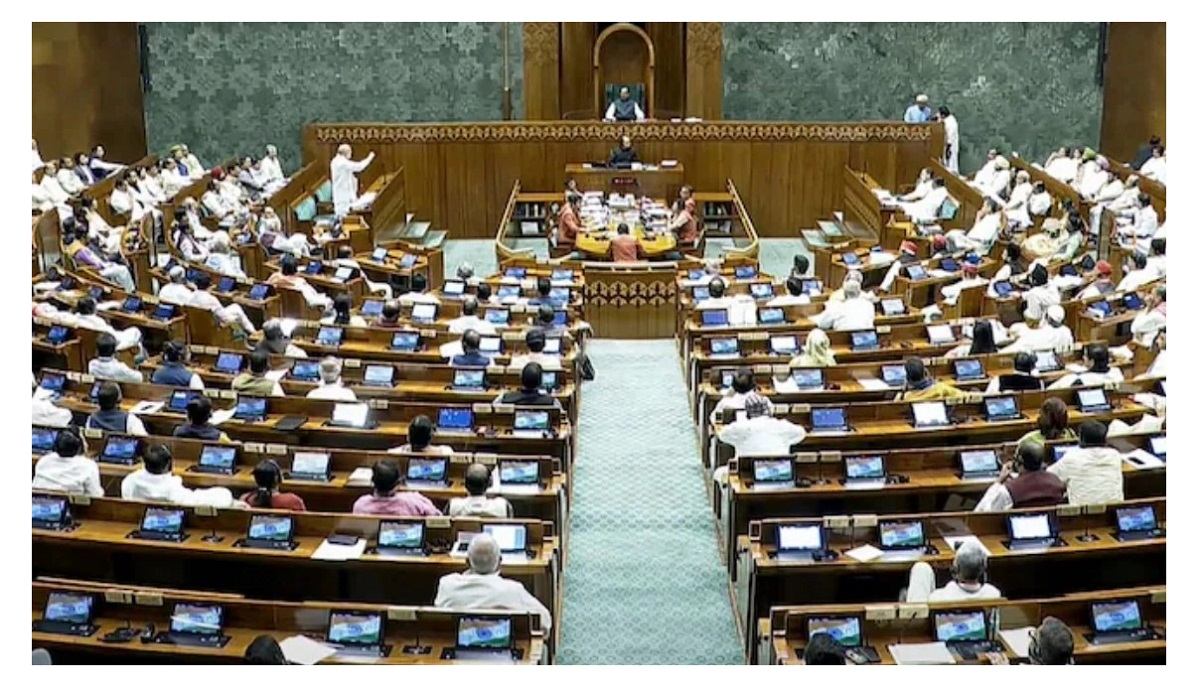The Kuki-Zo Council (KZC) on Thursday firmly rejected a proposed six-point peace agreement offered by the Central Government, citing lack of representation and unacceptable terms. The announcement came following the return of the Kuki-Zo delegation from high-level talks with the Centre in New Delhi on April 5. In a press conference and public gathering, Kuki-Zo leaders said they refused to sign the agreement, arguing it failed to safeguard the community’s future and legitimate demands. They also objected to the inclusion of non-mandated Meitei civil society groups—specifically AMUCO and FOCS—in the dialogue process.
“We did not come home with an agreement, but with a firm message—that we will not trade our people’s future for a rushed settlement,” a leader told the cheering crowd. The six-point government proposal reportedly included calls to end violence, restore connectivity, return displaced persons, surrender arms, prioritize development in neglected areas, and continue dialogue. However, the KZC said these measures lacked adequate groundwork and did not address core concerns.
KZC Chairman criticized the Centre’s move to initiate joint talks without prior separate consultations, calling it “premature and emotionally charged.” He urged the Ministry of Home Affairs to engage in structured, separate consultations with mandated representatives of both communities.




